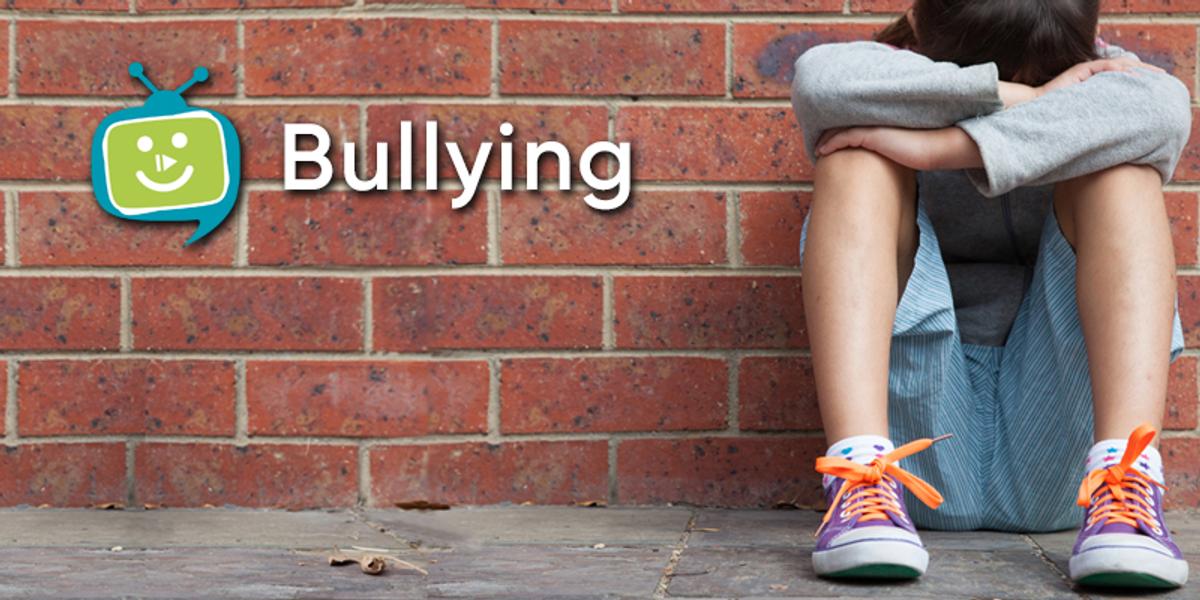School TV Reports
Jackie Robinson, Assistant Principal Middle School, Years 7-12 Wellbeing

School TV Reports
Jackie Robinson, Assistant Principal Middle School, Years 7-12 Wellbeing
As the end of the year approaches, many students and families have the finish line in their sights. Many are starting to plan end of year celebrations and parties to mark the occasion. This special report provides parents and caregivers with a guide to ensure young people party safely and highlights adult responsibilities if hosting an event.


Teenage gatherings provide young people with important opportunities to interact and build on their social skills and experiences. Celebrations, partying and socialising are a fundamental rite of passage and one of the most important aspects of a young person’s life. However, it is possible for the best young person to get carried away with their peers and the euphoria of the moment.
For parents and caregivers, keeping your young person safe can at times feel daunting and is often a compromise and a challenge. Most teenagers try to do the right thing most of the time, however your leadership as a role model is crucial. Your child may appear to be physically large and mature, but this is not necessarily matched by their emotional maturity and responsibility in behaviour.
Every party has the potential to get out-of-hand as sometimes it’s hard for young partygoers to make good decisions. Communication and regular discussions are vital, particularly because young people are often faced with peer pressure to do things they prefer not to engage in. Hosting a celebration at home or at a venue can be a fun and memorable event however it is important to agree on the ground rules well before your event is announced to ensure there are no misunderstandings later on.
If hosting an event, you owe your guests a ‘duty-of-care’ and should ensure all reasonable steps are taken to keep partygoers safe. This report provides caregivers with list of things to consider when planning a celebration.
Here is the link to Safe Partying report https://aphs.sa.schooltv.me/wellbeing_news/special-report-guide-safe-partying
Bullying is an ongoing or repeated misuse of power in relationships, with the intention to cause deliberate psychological harm. Bullying behaviours can be verbal, physical or social. It can happen in person or online, via various digital platforms and devices and it can be obvious or hidden. Bullying in any form or for any reason can have immediate, medium and long-term effects on those involved, including bystanders.


Despite the efforts made to reduce bullying behaviours, the research tells us that one in four students still report being bullied every few weeks. However, not all negative behaviour should be considered bullying. The key difference is that bullying does not stop on its own. It’s important young people learn how to identify behaviours that are rude, behaviours that are mean, and behaviours that are related to bullying.
Often the reasons for bullying can be complex. Some young people do it to get approval from others, some do it to regain control, whilst others may do it because it makes them feel safe. Supporting young people as they work through their emotions will help them unpack the motivation and reason behind the behaviour.
In this edition of SchoolTV, caregivers can better understand why some young people engage in bullying behaviours and what to do to support a child experiencing it.
We hope you take a moment to reflect on the information offered, and as always, we welcome your feedback. If this raises any concerns for you, a loved one or the wellbeing of your child, please seek medical or professional help.
Here is the link to the Bullying report https://aphs.sa.schooltv.me/newsletter/bullying